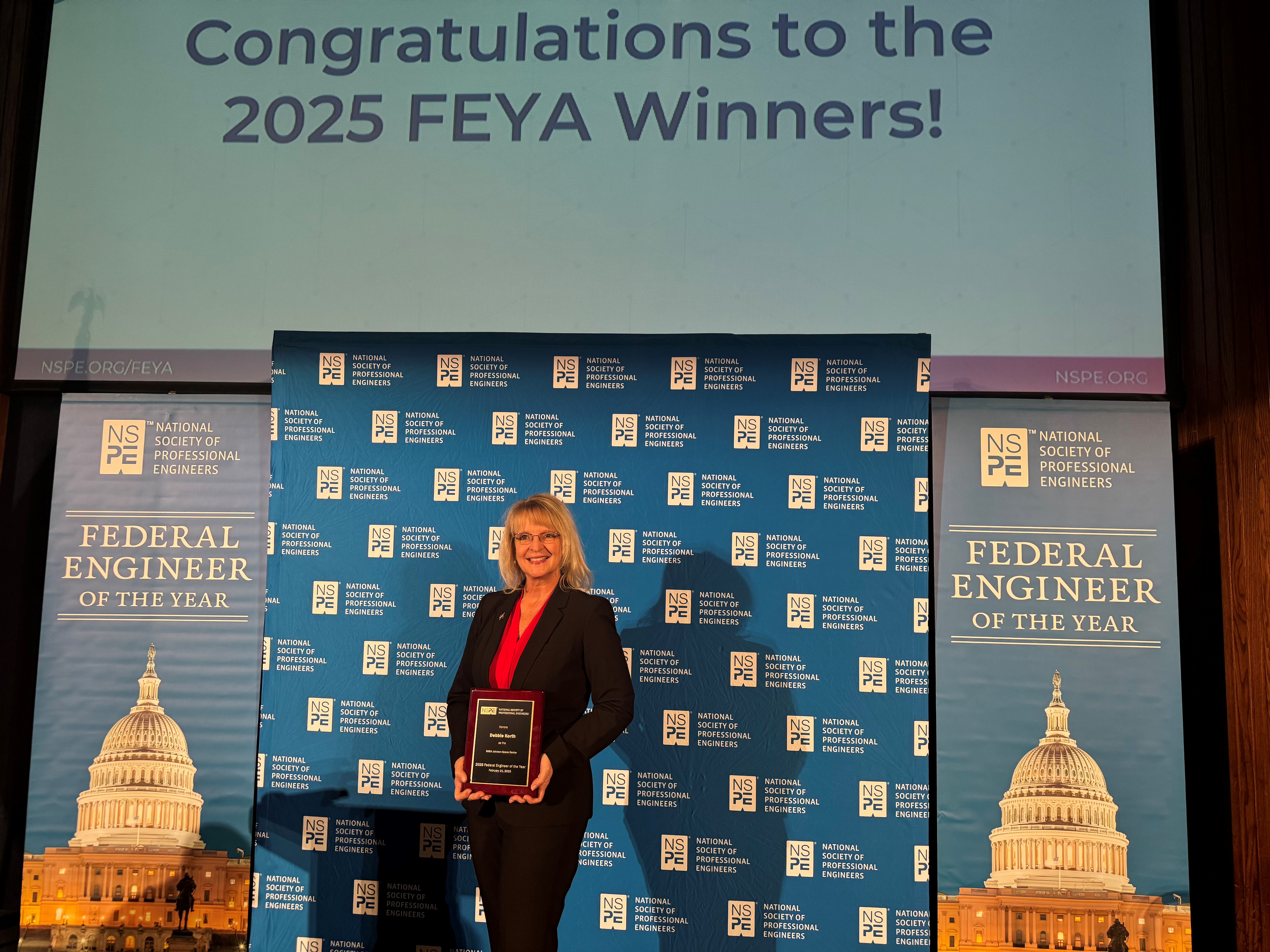NASA's Debbie Korth Honored as 2025 Engineer of the Year
Debbie Korth, Orion's deputy program manager, receives prestigious engineering accolade for 2025.

A Leap Beyond the Stars: Debbie Korth's Stellar Achievement
Imagine, for a moment, the sheer complexity of sending humans to the moon and back. It's not just a matter of strapping astronauts into a giant firework and hoping for the best; it requires the meticulous orchestration of thousands of moving parts, both literal and figurative. At the heart of this cosmic ballet is a group of individuals whose ingenuity and dedication make such audacious dreams a reality. One such individual, Debbie Korth, recently illuminated the spotlight, receiving the prestigious 2025 Engineer of the Year Award from the National Society of Professional Engineers. This accolade, presented at a ceremony at the National Press Club in Washington, D.C., underscores not just personal triumph but signifies a monumental leap in our journey to the stars.
Why Debbie Korth's Recognition Matters
In an era where space exploration is shifting from global superpowers to private enterprises and international coalitions, recognizing the individuals who drive this progress is more crucial than ever. Debbie Korth, the Orion deputy program manager at Johnson Space Center, represents the pinnacle of engineering excellence within NASA, an organization synonymous with human spaceflight's past, present, and future. Her contribution to the Orion spacecraft, an integral component of NASA's Artemis program aimed at returning humans to the moon and beyond, spotlights the blend of innovation and leadership pivotal to space exploration's next chapter.
The Technical Tapestry Behind the Triumph
Orion is more than a spacecraft; it's a beacon of human ambition. Korth's role in its development encompasses overcoming engineering challenges that range from life support systems capable of sustaining astronauts beyond low Earth orbit to the intricacies of re-entry heat shields designed to withstand temperatures half as hot as the surface of the sun. If space is the canvas, then engineers like Korth are the artists, painting possibilities with the strokes of science and mathematics.
The journey of Orion, from concept to constellation, mirrors humanity's broader quest to explore the unknown. It's a testament to what can be achieved when curiosity meets capability. Korth's leadership in navigating this odyssey not only advances our understanding of space but also enhances technologies that benefit life on Earth, from advancements in materials science to innovations in environmental control systems.
A Human Odyssey
Beyond the technical achievements, awards like the one received by Korth shine a light on the human dimension of space exploration. They remind us that behind every mission patch and rocket launch, there are individuals whose dreams, dedication, and determination propel us forward. "This award is not just a personal honor, but a recognition of the collective spirit of exploration that drives us all at NASA," Korth shared during the award ceremony. Her words echo the sentiment that while space is infinite, the journey to explore it is deeply personal.
The implications of Korth's work—and her recognition as Engineer of the Year—ripple through society, inspiring the next generation of engineers, scientists, and dreamers. In classrooms across the globe, stories of space exploration ignite imaginations and fuel aspirations, underscoring the importance of STEM education and the endless frontiers it can unlock. Through the prism of Korth's achievement, we are reminded that the path to the stars is paved with perseverance, collaboration, and an unwavering quest for knowledge.
Toward the Horizon and Beyond
As we stand on the cusp of a new era in space exploration, the significance of Debbie Korth's contribution cannot be overstated. Her work on Orion is a cornerstone upon which future missions to the Moon, Mars, and perhaps one day, the outer planets, will be built. Through her, we see the embodiment of what it means to reach beyond the confines of our world, to imagine what might be, and through painstaking effort, make it so.
In reflecting on Korth's recognition, we are reminded of the broader narrative of human exploration—a story not of lone individuals, but of collective ambition, shared struggles, and the triumphs that come when we dare to dream big. As we look to the heavens, contemplating the vastness of space and our place within it, let us also look to the engineers, scientists, and visionaries like Debbie Korth, who make the journey possible.
In their dedication, we find a map to the future, a future where the boundaries of possibility are continually redrawn, not just in the stars, but within ourselves.
This article was based on news originally published by NASA. Read the original article here.
#astronomy #science #space #nasa #orbitnews